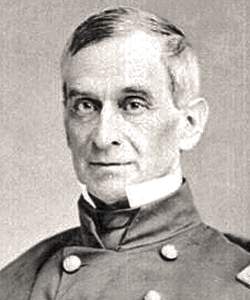Robert Anderson (American National Biography)
Scholarship
As the nation became increasingly divided by sectional interests, Anderson, who until 1860 owned a few slaves in his wife's native state of Georgia, wrote, "In this controversy between the North and the South, my sympathies are entirely with the South." Although he believed that in the long run secession was probably inevitable, Anderson was devoted to the Union, and he opposed immediate demands for separation and what he saw as extremism on both sides. This combination of southern sympathies and Union loyalty led to Anderson's being assigned in November 1860 to command the three Federal forts at Charleston, South Carolina, where cautious tactfulness was needed. Aware that Fort Moultrie, at which he was headquartered, was indefensible, he vainly sought reinforcements and specific orders from the James Buchanan administration, which was strongly influenced by southerners. South Carolina's secession on 20 December convinced Anderson that he should move to Fort Sumter, an incomplete but stronger post on an island in Charleston Harbor. He did so secretly on 26 December and then rejected all demands that he evacuate the fort.
Lowell H. Harrison, "Anderson, Robert," American National Biography Online, February 2000, http://www.anb.org/articles/04/04-00021.html.





